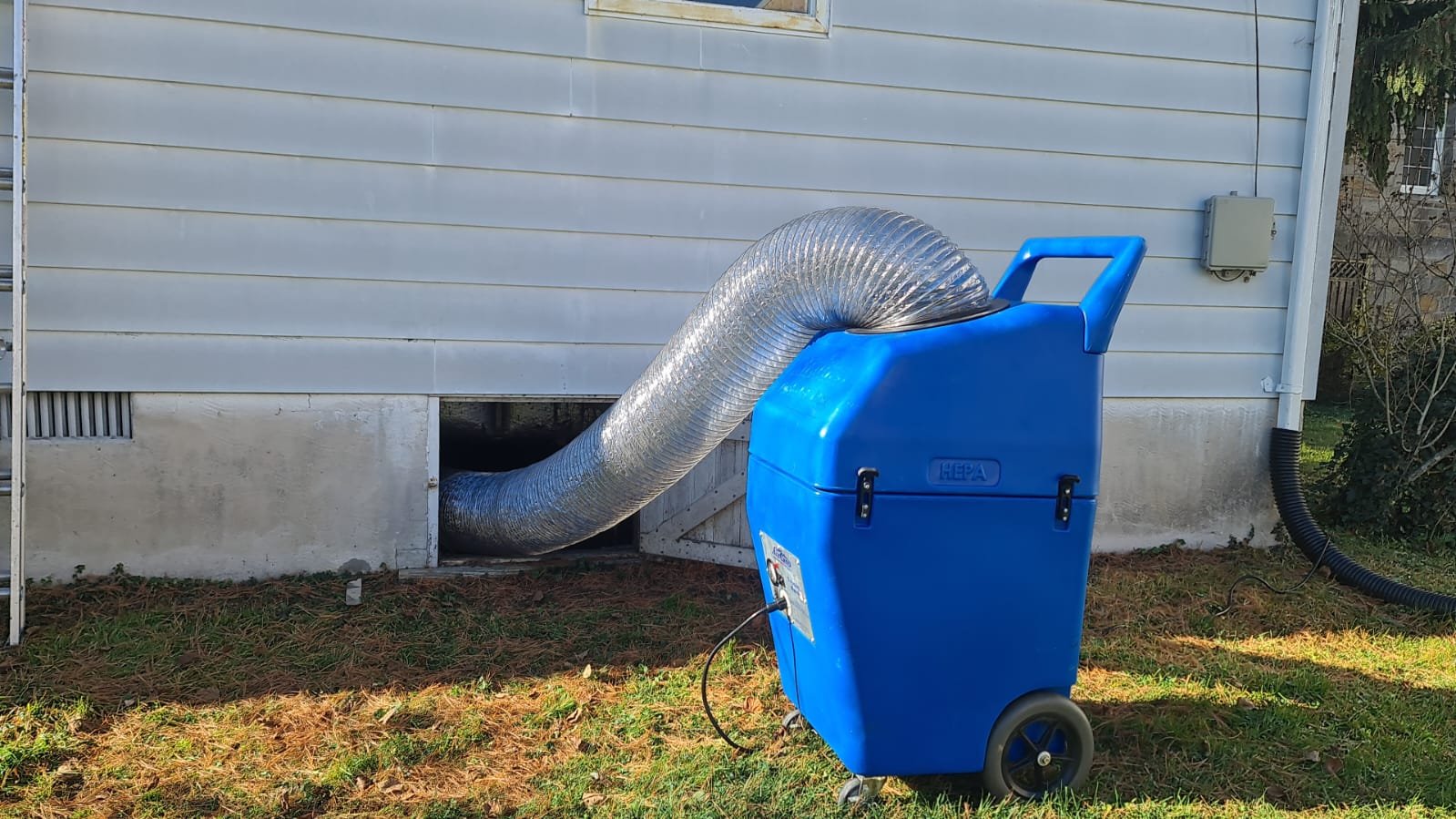
The Mystery of the Midnight Sneeze: Why Your Allergies Get Worse at Night
You know the feeling – you're finally winding down for the day, maybe watching some TV or reading a book, when suddenly your nose starts running and you can't stop sneezing. Or worse, you wake up at 2 AM with a stuffy nose and watery eyes, even though you felt fine all day.
If this sounds familiar, you're definitely not alone. In my years of cleaning air ducts around Maryland, D.C., and Virginia, I've had countless customers ask me about this exact problem. The good news? There's actually a logical explanation for why your allergies seem to kick into high gear when the sun goes down.
Your HVAC System Has a Night Shift
Here's something most people don't realize: your heating and cooling system behaves very differently at night than it does during the day. During the day, you're opening doors, windows get some sunlight, and there's natural air movement from people coming and going. But at night, your house becomes more like a sealed box.
When you close up the house for the evening, your HVAC system becomes the main source of air circulation. And if your ducts haven't been cleaned in a while, that means you're basically getting a concentrated dose of everything that's been sitting in there all day – dust, pet dander, pollen that got tracked in, and sometimes even mold spores.
I remember working on a house in Bethesda where the homeowner complained about waking up congested every single night. When we opened up their return air ducts, it looked like someone had been storing dryer lint in there for years. All that buildup was getting stirred up and circulated right to their bedroom every time the system kicked on.
The Temperature Drop Makes Things Worse
Another thing that happens at night is the temperature difference between inside and outside gets bigger. Your HVAC system has to work harder to maintain your set temperature, which means it's running more frequently and for longer periods. More runtime equals more air circulation, and if your ducts are dirty, that means more allergens getting pushed around your house.
Plus, cooler nighttime air tends to be more humid, and humidity can make dust and other particles heavier so they settle into your ductwork instead of getting filtered out. It's like your ducts become a collection point for all the stuff you don't want to breathe.
Your Bedroom is Probably the Worst Spot
Think about it – your bedroom is usually the furthest point from your main HVAC unit, right? That means the air has to travel through the most ductwork to get to you. If there's buildup anywhere in the system, your bedroom is where you're going to feel it the most.
I've been in master bedrooms where the air coming out of the vents looked hazy. That's not normal, and it's definitely not something you want to breathe all night while you're sleeping.
The Filter Factor
Most people think their air filter is handling all of this, but here's the reality: even a good filter can only catch what actually makes it to the filter. If you've got buildup in your ducts, a lot of that stuff is getting stirred up and blown around before it ever has a chance to get filtered.
It's kind of like having a screen door on a house full of flies. The screen might catch some of them, but if they're already inside, they're just going to keep buzzing around.
What You Can Do About It
The obvious answer is getting your ducts professionally cleaned, but there are also some things you can do in the meantime:
Check your filter more often. I tell all my customers to look at their filter monthly, not every three months like some people recommend. If it looks dirty, change it. A clogged filter makes your system work harder and can actually make the problem worse.
Keep your bedroom door open. I know it sounds simple, but better airflow can help prevent that stagnant air buildup that makes nighttime allergies worse.
Consider a bedroom air purifier. It's not a permanent fix, but it can help while you're dealing with the bigger picture.
Pay attention to humidity. If your house feels muggy, that's creating ideal conditions for dust mites and other allergens to thrive in your ductwork.
The Real Solution
Look, I'm not going to tell you that duct cleaning is the answer to every problem, but I will say this: in almost every case where someone complains about nighttime allergies, we find significant buildup in their ductwork. And in almost every case, cleaning the ducts makes a noticeable difference within the first few nights.
The bottom line is that your HVAC system is working hardest when you need clean air the most – when you're trying to sleep and recover from the day. If that system is circulating dust and allergens instead of clean air, you're going to feel it.
Your home should be the place where you breathe the easiest, not where your allergies get worse. If you're tired of playing detective with your midnight sneezes, it might be time to look at what's really going on behind your walls.

